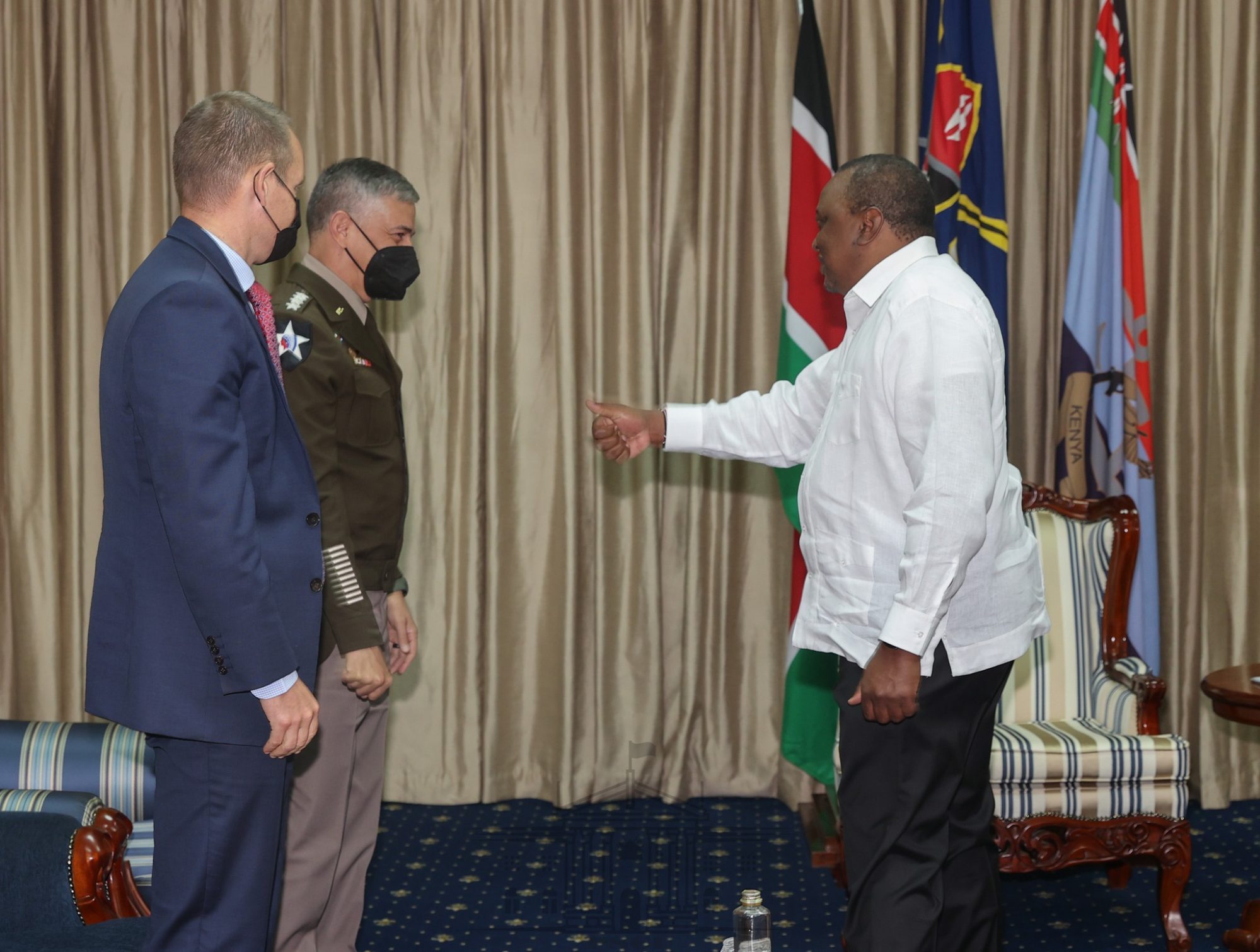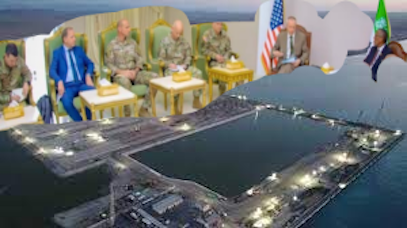The US military could gain access to the self-declared state of Somaliland’s strategically positioned port and airfield at Berbera, to counter the Islamic extremist rebel group al-Shabab in Somalia.
This is after US President Joe Biden signed an order on Monday to redeploy hundreds of American troops to Somalia, days after top Pentagon officials visited the Somaliland capital Hargeisa and met President Muse Bihi Abdi.
At the end of his term in 2021, Biden’s predecessor Donald Trump withdrew some 700 troops from Somalia as part of America’s policy of pulling out of global military missions abroad – a move Biden promised to reverse.
The US is reportedly courting Somaliland to use its Berbera port as an alternative to its Djibouti military base.
China, meanwhile, has appointed a special envoy for the Horn of Africa, Xue Bing, and plans to hold the first peace conference in the conflict-ridden region. Beijing advocates for Africa to be left to chart its own course out of problems without “external” interference.
Last week, General Stephen J. Townsend, head of the US Africa Command (Africom), became the highest-ranking US military official to visit Somaliland since 1991.
Townsend, US ambassador to Somalia Larry Andre and other US officials travelled to Berbera where they toured the newly renovated port and airport that US Air Forces in Europe-Air Forces Africa assessed last year. US defence department officials also surveyed the facilities in August.
“That assessment and this visit are a part of routine efforts to assess potential operating locations to be able to prepare for contingencies, exercise readiness or adjust force posture as needed,” according to a readout from Africom at the end of the trip.

But the situation is complicated. “Washington has good relations with Mogadishu, which says Somaliland is part of Somalia, and the government in Hargeisa might insist on US recognition before it agrees to any kind of military arrangement,” Shinn said.
“I believe the primary goal is to find a more effective way to counter terrorism in the region, especially al-Shabab in Somalia. Berbera’s airfield would be especially useful for this purpose,” Shinn said.
Guled Ahmed, a non-resident scholar at the Middle East Institute, said: “Townsend’s visit may be a sign that talks of security cooperation are moving along and may be entering their operational phase of actually seeking a base in Somaliland.”
That would give the US a key geostrategic location to counter Chinese influence, protect trading routes, and deter human trafficking, terrorism and piracy, he said.
Camp Lemonnier, a military naval base in Djibouti, is the only permanent US military base in Africa with more than 4,500 military and civilian personnel.
A few miles from there, China in 2017 set up its first overseas military base – a facility that continues to cause unease in Washington. China has between 1,000 and 2,000 military personnel at its base, according to various reports.
In 2018, the US accused China of pointing lasers at its pilots from Djibouti base, but Beijing dismissed the reports as “inconsistent with facts”. The US alleged the military-grade lasers originated from the Chinese naval base.
John Calabrese, head of the Middle East-Asia Project at American University, said the US was in a “tight spot” in trying to build constructive relations with Somaliland, which is seeking independence.
Calabrese said the US would be reluctant to extend recognition to Somaliland because it could strain ties with Somalia, whose cooperation Washington sees as useful in pursuing its counterterrorism agenda.
He added that Townsend’s visit was “aimed at assessing the potential for Somaliland’s port and airfield to be used for contingency operations rather than as a substitute for, or to pair with, Camp Lemonnier”.
South China Morning Post




























